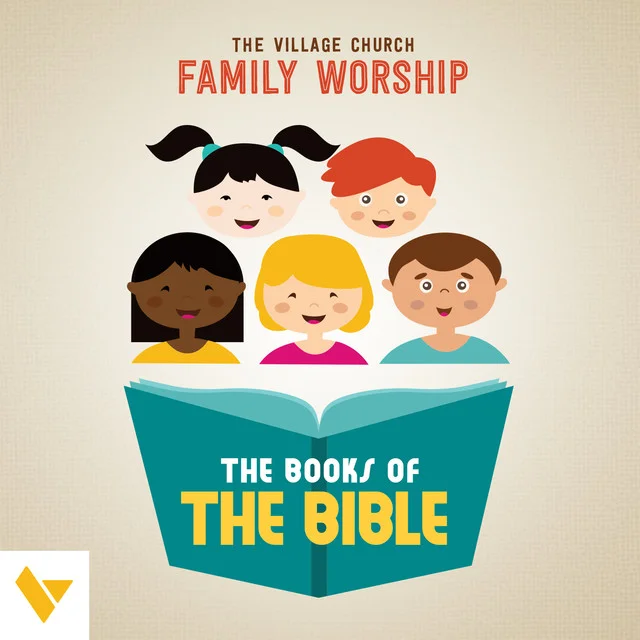Jesus died on a Friday in history (to resurrect on Sunday). He either is a myth, legend, liar, lunatic, or Lord. If he's Lord, that makes that Friday a Good Friday. But, we don't worship a day of the week nor wait for a day of the week to worship him, we worship (life poured out) him. This is not nostalgia or wishful thinking. This is not blind faith or a leaping faith. This is trust in what is. This is trust in who exists.
Romans 3 & 5 describe that our life is considered as "sin" -- not merely an act, thought, or intention. Sin describes our relationship to God -- separated. Our goods are not better than our bad. He doesn't just save the "sinful" part of us. Our whole life is to be saved. Jesus is our whole and complete substitute. He replaces and transforms us. Jesus' life, death, and resurrection reconciles us to God.
If he just saved a "sinful" part of us, then we become people confessing our sin to him on a Good Friday or Sunday church service or when times get tough to then live however we want in the reminder of 'our' life. God doesn't work that way. We no longer value or cherish our life; rather, we learn that He loves (values; cherishes) us. We then become a loving people, dead to self and alive in Christ. God describes that aspect of his people throughout scripture as "holy" -- a people no longer separated from him but set apart for him (c.f. 1 Peter 2).
This is Christianity -- trusting God as the epicenter to life, history, and salvation. He affects his people with truth and love. He inspires people to trust him. God is good news, and what he did about 2,000 years ago is the good news story of living, dying (on Friday), and resurrecting (on Sunday).
We trust that. We trust him.




























